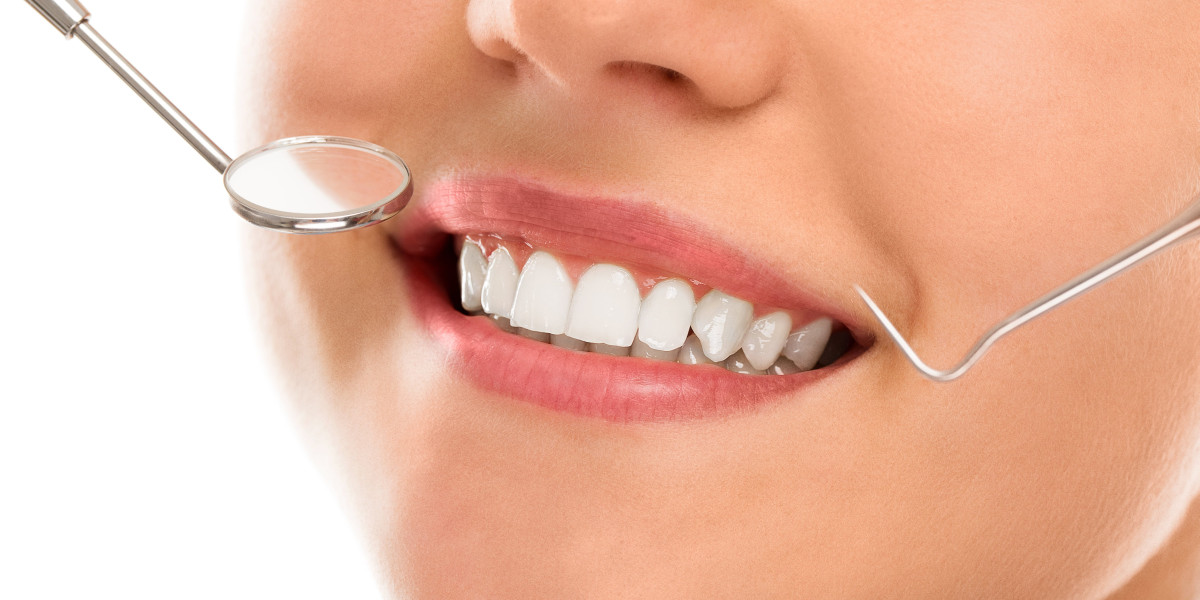The Basics of Oral Hygiene
Good oral hygiene involves practices that keep your mouth clean and healthy, primarily through regular brushing, flossing, and dental check-ups. The goal is to prevent dental problems such as cavities, gum disease, and bad breath. But the implications of these practices extend beyond your mouth, influencing your entire well-being.
The Mouth-Body Connection
The mouth is a gateway to the body, and it harbors numerous bacteria, both beneficial and harmful. While most bacteria are harmless, neglecting oral hygiene can lead to the proliferation of harmful bacteria, causing oral infections like tooth decay and gum disease. These conditions are not isolated issues; they can have cascading effects on your overall health.
1. Cardiovascular Health
One of the most well-researched connections between oral hygiene and overall health is its impact on cardiovascular health. Poor oral hygiene can lead to periodontitis, a severe gum infection that damages the soft tissue and bone supporting the teeth. Periodontitis has been linked to an increased risk of heart disease.
The inflammation and bacteria associated with gum disease can enter the bloodstream, causing arterial inflammation and contributing to the formation of arterial plaque. This can lead to atherosclerosis, a condition where the arteries narrow due to plaque buildup, increasing the risk of heart attacks and strokes. Studies have shown that individuals with periodontitis have a higher risk of cardiovascular diseases, emphasizing the importance of maintaining good oral hygiene to protect heart health.
2. Diabetes
There is a bidirectional relationship between oral health and diabetes. On one hand, individuals with diabetes are more susceptible to infections, including gum disease. On the other hand, severe gum disease can affect blood glucose control and contribute to the progression of diabetes.
Inflammation in the mouth weakens the body's ability to utilize insulin, making blood sugar control more challenging. Therefore, managing oral hygiene is critical for people with diabetes to help control their blood sugar levels and prevent complications associated with the disease.
3. Respiratory Health
Oral hygiene also plays a role in respiratory health. Bacteria from the mouth can be inhaled into the lungs, especially in people with poor oral hygiene, leading to respiratory infections such as pneumonia. This is particularly concerning for older adults, who are more vulnerable to such infections. Maintaining oral hygiene can reduce the risk of these respiratory issues, highlighting the importance of a clean mouth for healthy lungs.
4. Pregnancy Complications
Pregnant women with poor oral hygiene and gum disease are at a higher risk of pregnancy complications such as preterm birth and low birth weight. The bacteria causing gum infections can enter the bloodstream and reach the uterus, triggering an inflammatory response that can lead to premature labor. Regular dental check-ups and good oral hygiene practices are essential for expecting mothers to ensure a healthy pregnancy.
Maintaining Good Oral Hygiene
Given the extensive impact of oral hygiene on overall health, it is crucial to adopt effective oral care routines. Here are some key practices:
- Brushing: Brush your teeth at least twice a day with fluoride toothpaste. Use a soft-bristled toothbrush and replace it every three months.
- Flossing: Floss daily to remove plaque and food particles between teeth and under the gumline.
- Regular Dental Check-Ups: Visit your dentist regularly for cleanings and check-ups. Your dentist can detect early signs of dental problems and provide appropriate treatment.
- Healthy Diet: Maintain a balanced diet low in sugar and acidic foods to protect your teeth and gums.
- Avoid Tobacco: Smoking and tobacco use can significantly harm your oral health, leading to gum disease and oral cancer.
Emergency Dental Care in Massapequa, NY
For those in Massapequa, NY, maintaining good oral hygiene is supported by the services offered by Dental Restoration Pros, including emergency dental care in Massapequa NY. This clinic offers comprehensive dental services, including preventive care, to ensure your oral health is in top condition. Whether you need a routine check-up or urgent dental care, they are equipped to address all your dental needs promptly and effectively.
Conclusion
Oral hygiene is not just about having a bright smile; it is a cornerstone of overall health. The connection between oral health and various systemic conditions underscores the importance of maintaining good oral hygiene practices. From cardiovascular health to diabetes management, respiratory health, and pregnancy outcomes, the state of your mouth can influence many aspects of your well-being.
Investing in good oral hygiene and regular dental care is a proactive step towards ensuring your overall health. For those in Massapequa, NY, accessing quality dental care, including emergency services, is vital. Remember, a healthy mouth is a gateway to a healthy body. Don’t wait—prioritize your oral hygiene today and enjoy the benefits of improved overall health.





